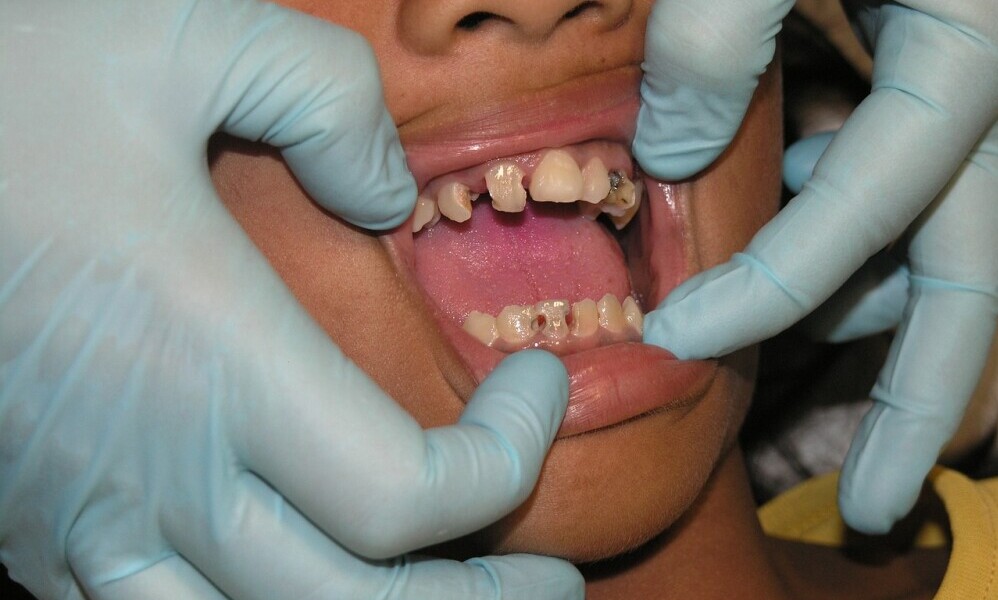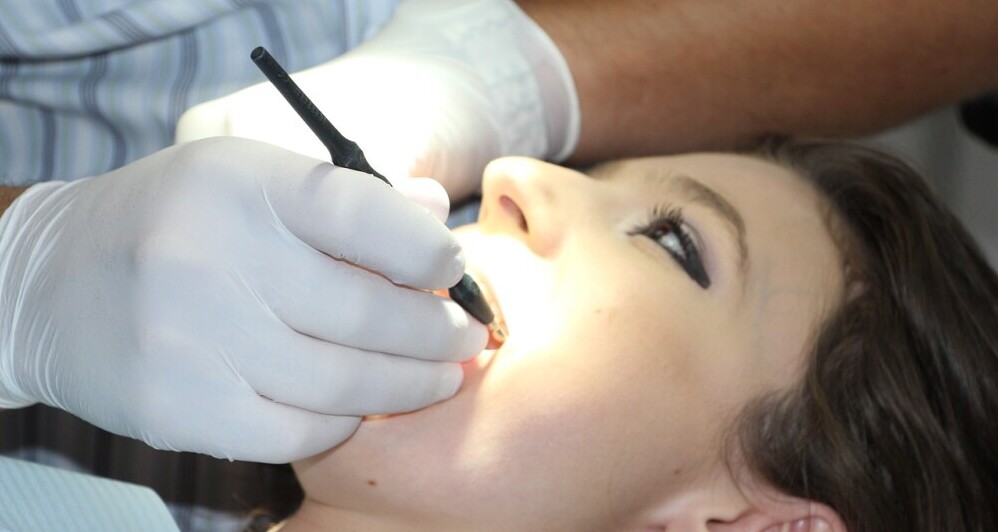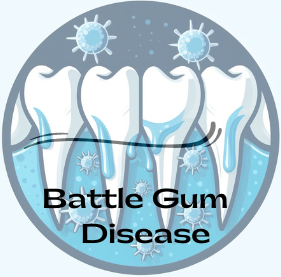
Gum disease, often lurking unnoticed, can range from mild irritation to serious oral health issues. It has two main forms: gingivitis and periodontitis. Gingivitis is the less severe stage, typically showing up as red, swollen gums that might bleed when you brush. Left unchecked, it can escalate into periodontitis, where the gums pull away from the teeth, which may lead to tooth loss if not treated.
Catching gum disease early can make a huge difference in treatment and recovery. Look out for symptoms like persistent bad breath, swollen gums, or sensitivity. Sometimes, your gums might bleed a little too easily, like when you’re brushing or flossing. Bleeding gums indicate immediate attention by your dental professional.
Ignoring gum disease affects your overall health too. Surprisingly, there’s a link between gum disease and conditions like heart disease and diabetes. It can even complicate pregnancy. So, focusing on your gum health isn’t just about keeping those white teeth; it’s about protecting your whole health.
The Power of Prevention: Oral Hygiene as the First Line of Defense
Taking charge of your oral health starts with the basics: brushing and flossing. Think of your toothbrush as your first defender against the formation of plaque. Brushing twice a day with fluoride toothpaste helps sweep away food particles and bacteria before they can attack your gums.
Flossing is just as crucial, even if it feels like an extra step. It reaches those tight spots in between teeth where your brush can’t reach. This helps to prevent the buildup that leads to gum inflammation and more serious issues down the line.
As with mouthwash, adding mouthwash into your routine gives your dental care that extra boost. An antibacterial rinse can get rid of those lingering germs. Plus, it leaves your mouth feeling fresh and clean—what a good bonus.
What you eat plays a huge role in gum health too. Foods high in sugar can be enemy number one. Incorporating fresh fruits, veggies, and enough water can contribute to stronger gums. It’s not just about cutting back on the bad stuff but adding more of the good stuff too.
Lifestyle choices also come into play as well. Smoking, for example, significantly increases the risk of gum disease. On the flip side, staying active and managing stress can have a surprisingly positive impact on gum health.
Expert Insights: The #1 Recommended Method to Prevent Gum Disease

What is the 1 best way to prevent gum disease? The one best way to prevent gum disease is to regularly visit dental professionals for routine checkups and cleanings.
If there’s one thing the dental pros unanimously agree on, it’s the effectiveness of regular professional cleanings. Dentists recommend these visits not just for a sparkly smile, but as a vital preventive measure against gum disease.
Professional cleanings reach below the gumline, where regular brushing and flossing might not clean below the gumline. This is essential for removing tartar buildup, which is a hardened plaque that brushing at home simply can’t tackle. If left unchecked, tartar can cause the inflammation that leads to gum disease.
Choosing the right dental products can make a big difference too. Fluoride toothpaste helps strengthen teeth and prevents decay. Look for ADA-approved options. The ADA seal means the product is backed by scientific evidence.
New tech is changing gum care more than ever before. Electric toothbrushes, with their rotating heads, provide an edge in removing plaque. Water flossers, or oral irrigators, are also gaining popularity. They can be particularly beneficial for those with braces or dental work.
Your dentist is your partner in prevention, so take in their knowledge. Schedule those regular checkups and don’t hesitate to bring up any concerns. Building a relationship with a trusted dental professional is just as important as the daily brushing and flossing.
Building Habits for Long-Term Gum Health: A Sustainable Approach
Creating and sticking to an effective daily oral care routine is key to long-term gum health. This means not just brushing and flossing regularly, but being consistent with it every single day. It’s like building a habit; once it becomes part of your daily schedule, it’s easier to maintain without even thinking about it.
Regular dental checkups are the #1 crucial factor for sustainable gum health. Checking in with your dentist at least twice a year ensures that any potential issues are spotted early. It’s the ounce of prevention that can save you a world of hassle later on.
Maintaining healthy gums is about creating a lifestyle around good dental hygiene practices. Committing to a proper diet, knowing when to cut back on sugar, and not forgetting to swap that toothbrush every three months all play into this.
Gum health is a long game, and its benefits are huge. Reduced risk of tooth decay, improved breath, and even better overall health are definite wins. It’s all about making small, manageable changes that stack up over time without feeling overwhelming.
“Here’s a little transparency: Our website contains affiliate links. This means if you click and make a purchase, we may receive a small commission. Don’t worry, there’s no extra cost to you. It’s a simple way you can support our mission to bring you quality content.”
